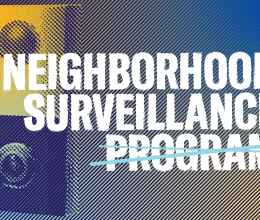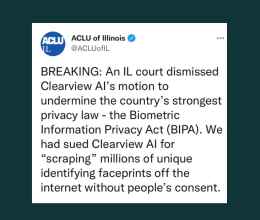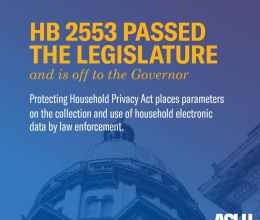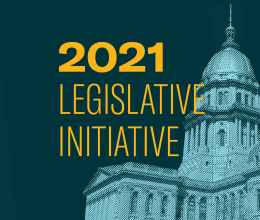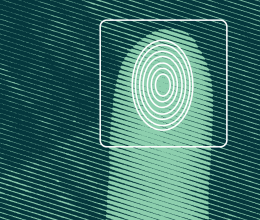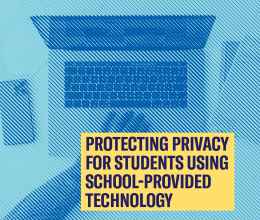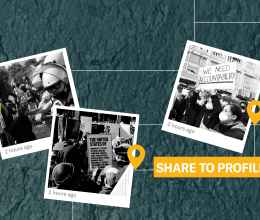
CHICAGO – The Illinois State Senate may soon consider legislation designed to regulate the use of drones by law enforcement in Illinois. Drones, unmanned aerial vehicles that inexpensively gather massive amounts of surveillance data, were initially designed and implemented overseas in battlefield settings. In recent months, drones have been purchased and utilized by local law enforcement agencies across the nation. The Illinois National Guard and the Champaign County Sheriff have tested drone technology in Illinois airspace. And, the Cook County Sheriff is now exploring whether to acquire and utilize the technology.
Because drones possess such a powerful capacity to conduct surveillance, Senator Daniel Biss is sponsoring the Illinois Freedom from Drone Surveillance Act (Senate Bill 1587, House Amendment #1), designed to place a series of modest guidelines on the use of this powerful technology before it becomes prevalent across the State.
“Now is the time to lay down appropriate privacy guidelines,” said Senator Biss in announcing the filing of the bill. “We know that the technology is not yet being widely used. That gives the legislature time to set a series of modest restrictions that will guard the privacy of all persons in Illinois.”
“I look forward to working with my colleagues, law enforcement officials and citizens of the state to create these necessary protections.”
The proposed Illinois Freedom from Drone Surveillance Act (Senate Bill 1587, House Amendment #1) specifically would:
- Prohibit police from using drones with these exceptions (i) to counter a high risk of a terrorist attack; (ii) after obtaining a search warrant; (iii) to prevent imminent harm to life or serious damage to property, or to forestall the imminent escape of a suspect or the destruction of evidence and for a limited time period; (iv) to locate a missing person; and (v) if used soley for crime scene photography;
- Limits disclosure of information gathered by a drone;
- Requires compliance with the Act for information to be admissible in a court of law;
- Require the destruction of all information gathered by drones, except where the information is relevant an investigation or if there is evidence of a crime; and,
- Require annual reporting about the number of drones to the general public
“When government knows where we are, they know who we are,” said Adam Schwartz, senior staff counsel for the ACLU of Illinois. “Our nation is in the midst of a technological revolution. Many of these technologies permit the massive gathering of information and data about individuals and groups and can undermine our freedoms.”
“We must adopt appropriate guidelines now to insure that these technologies do not become overly intrusive.”
